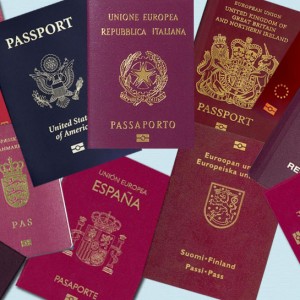
Two thousand years ago during 3rd century AD, Roman citizenship was sold to rich foreigners and aristocrats. In the book of Acts, Paul has a discussion with a Roman Centurion who claims he bought his citizenship “for a lot of money”. In the modern world, nothing has changed, citizenships in several countries are for sale for lots of cash.
While several nations give away, citizenships for free to third country nationals, having exceptional talents in research, sports, medicine, technology or entrepreneurial activities, without any money involved or having lived legally for number of years (over 5 years depending on country) and later fully “naturalize” for citizenship, by fully integrating into to the culture and speaking local language (cheapest route).
Up until a decade ago, the concept of buying a citizenship in another country, was never heard of and putting a country’s citizenship for sale viewed as national shame . Things are starting to change as small countries in Europe (Malta, Cyprus) and Caribbean (St Kitts, Antigua, Dominica etc), with their plunging economy, financial troubles, and large public debts, have decided to sell their citizenships against investment money, to spur internal growth. The money gained from selling passports invested in local economic development for its citizens. Today, citizenship-for-sale schemes are money spinners, or “Cash cow”.
Is selling one country’s citizenship for five or six figures, really worth it? Citizenships not considered priceless anymore? Just look at the Swiss, Brits, Americans or the Aussies! Are their citizenships for sale for cash! No way, without living in their soil!
The Caribbean Council report says “Caribbean Governments facing difficult economic challenges see the schemes as a new source of income; property and other developers are using them to raise capital for new schemes; and wealthy individuals from around the world see the advantage in owning a passport which gives them visa-free travel to many countries. ”
IMF working paper on Economic citizenship programs (ECP), talks about current and past suspended citizenship programs.

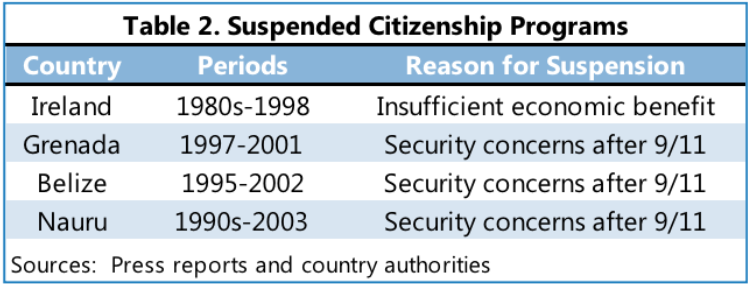
Dissent magazine article by Atossa Abrahamin mentions that buying and selling citizenships are reaching mainstream.
Until recently, becoming a citizen of a country has largely been regarded as priceless—a rare intangible privilege that can’t be bought or sold. This perception is starting to fade as the links between a country’s financial interests and its citizenship policies grow more pronounced. Now that a prominent figure like Ver and EU member countries are getting into the passport business, the idea that citizenship can be bought and sold is reaching the mainstream. Supporters of the “financialization” of citizenship say it serves the countries and the new citizens equally well: the countries receive an influx of cash or athletic talent, while people get access to whatever that country has to offer, whether it’s visa-free travel, low taxes, good schools, or a first-rate athletic training regimen and a chance at the big leagues. For investors in politically unstable parts of the world, second passports can serve as an escape hatch in case something goes wrong back home.
Let us take for example Saint Kitts & Nevis, the country leading the way in selling passports and we will do a simple math here.
According to the caribbeannewsnow.com, the Prime minister of St.Kitts & Nevis, has announced that 10,777 passports has been issued under the CBI program from 2005 to Dec 31, 2015 (10 years). That is roughly 1000 passports sold every year. It is not clear how many were issued to family and children besides the main applicant but one has to pay $250,000 as donation or $400,000 under real estate. On top of it there are $50,000 government fee per adult. Assuming that 60% of buyers (6000 persons) went through donation route and 40% (4000 of them) through real estate route, then St Kitts made, $250,000 x 6000 + $400,000 x 4000 comes around a whopping $1.6 billion investment, just by selling citizenships, plus $500 million government fees. Of course, the real figures are much less than these (see below)
Fortune report by Vikram Mansharamani, says there is a $2 billion dollar market for passports, which is very interesting and further i quote
“By selling passports, St. Kitts and Nevis slashed its “debt from 164 per cent of GDP in 2010 to 104 per cent of GDP at the end of 2013.” By 2014, passports were the country’s biggest export, money associated with the passport business accounted for at least 25% of GDP, and the development it spurred on the islands led to what some were calling a real estate bubble.”
St Kitts is the biggest exporter of passports in the world. More and more countries such as Antigua, Grenada, St Lucia, Dominica are new members of the citizenship-for-sale club. There have been reports that some of these countries selling diplomatic passports. Huffington post reports Dominica a small island nation with 72,000 population is selling diplomatic passports to corrupt people such as Alison – Nigerian oil minister, for claiming diplomatic immunity in a foreign soil. National post reports Iranian businessman Alizera Moghadam paid $1 million for St Kitts diplomatic passport and used it to enter Canada, which angered Canada.
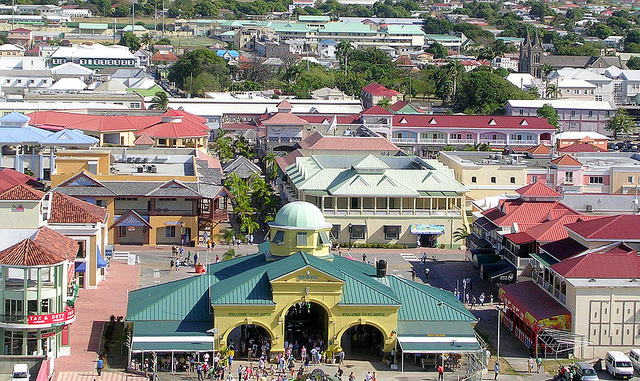
EU Citizenship for sale
In Europe, Cyprus and Malta are the only 2 countries, where their citizenship-by-investment programs are currently up and running. Malta is the only country having visa waiver agreement with the US, while Cyprus does not.
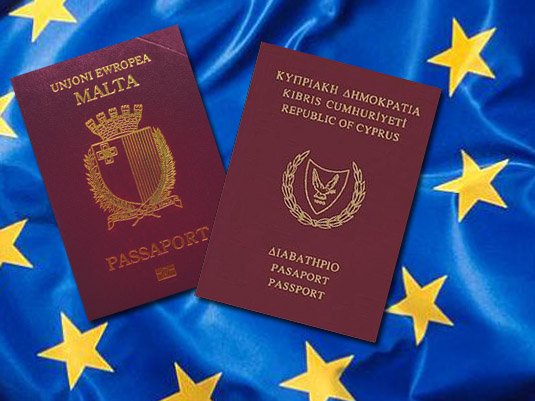
Croatia, Slovenia, Montenegro, Slovenia may open an investment program in the future aimed at residency or citizenship to wealthy individuals.
In late 2013, The Maltese citizenship-for-sale scheme (Malta IIP) attracted wide attention and criticism against “Sale of EU citizenship”. The European Parliament Strasbourg Plenary Session of 15 January 2014 dedicated a debate to ‘citizenship for sale’.
Viviane Reding, Vice-President of the European Commission, emphasised in a strongly worded speech entitled “Citizenship must not be up for sale and that naturalisation decisions adopted by one member state “are not neutral” with regard to others and the EU as a whole, and one should not put a price tag on citizenship of the Union. In compliance with the criterion used under public international law. Member States should only award citizenship to persons where there is a “genuine link” or “genuine connection” to the country in question”
The European Parliament criticised the Maltese programme on a number of grounds: first, citizenship should not be a tradable commodity (as opposed to an inheritance commodity as is currently the case) and “cannot have a price tag attached to it”; secondly, citizenship should depend on people having ties with the EU or ties with an EU citizen; and thirdly, the programme privileges rich people over the poor, and therefore raises issues of non-discrimination because it allows only the richest third-country nationals to obtain EU citizenship, “without any other criteria being considered”.
Source: “Price on EU passports” paper by Sergio Carerra.
Malta finally weathered the backlash, amended their citizenship law, saying that applicants must meet 1 year residency requirements to get the Maltese citizenship thus satisfying the “genuine link” clause. Now the official Malta IIP, http://iip.gov.mt/ website advertises the citizenship for sale scheme as “It is the first citizenship programme in the European Union to be recognized by the European Commission.” In just 2 years from its launch, Malta programs ranks No 1 citizenship program in Henley report, as reported by Malta Independent. Booming times for passport business! eh?

The Migration Policy Institue report says – If Malta issues the currently projected 1,800 passports to investors, it could raise approximately 1 billion euros, minus costs and fees—close to one-fifth of gross domestic product (GDP).
In the EUI working paper on should citizenships be for sale? highlights the importance of EU citizenship.
Two things make the Cypriot and Maltese programmes more attractive for investors than those of the Caribbean islands. First, in the former cases the naturalised investor will be granted visa-free travel to 151 (Cyprus) or 163 (Malta) states. This is considerably more than they would have by virtue of possessing the best-ranked Caribbean passport, that of Saint Kitts and Nevis which allows visa-free entry to 131 countries. Second, and more importantly, since in the EU the regulation of citizenship is decided by each Member State for herself, an individual may now obtain EU citizenship for roughly the price of a Porsche 918 Spyder. Hence the investor gains access to all the rights stemming from EU citizenship, including free movement and residence within the EU, the right to vote for and stand as a candidate in European Parliament and municipal elections, diplomatic protection, etc. This raises the question of whether it is proportionate and just that access to this array of rights is exchanged for the price of a sports car. Doesn’t this dilute the value of citizenship to a tradable commodity, voiding it of the sense of rights and duties and undermining citizens’ solidarity? If states sell citizenship, what the buyer gets will no longer look like citizenship at all.
European university paper by Jelena Dzankic, clearly talks about investment based residency and citizenship programs in the EU.
“The EU citizenship does not and cannot exist on its own, but is linked to national citizenship of Member States. In this sense, the EU citizenship is of a derivative nature”
“Investment-based residence programmes require the applicant to reside in the country prior to naturalisation. In other words, the pecuniary contribution offers entry and stay in the country of destination to the applicant, with the prospect of obtaining citizenship in the future. “.
“In mid-January 2014, the European Parliament (EP) held a debate entitled ‘EU citizenship for sale’, to discuss the programmes adopted by a number of Member States of the European Union (EU) offering either residence or citizenship on grounds of investment. The debate was sparked by the decision of the government of Malta, in October 2013, to allow the wealthy individuals who invest 650,000.00 euros in the country to become Maltese, and by extension, EU citizens. The outcome of the EP debate was a resolution (2013/2995[RSP]), ascertaining that the matters related to citizenship are indeed an area of exclusive competence of the Member States, but that in regulating their membership, states should uphold the values enshrined in the EU treaties, with particular regard to mutual trust and rights attached to EU citizenship. Following the EP debate and talks with the European Commission, Malta amended its investor citizenship programme to include a one-year effective residence requirement but retained its prerogative to naturalise wealthy individuals.”
In only 4 out 22 countries implementing this type of facilitated naturalisation, namely Austria, Bulgaria, Slovakia and Slovenia, ‘economic’ or ‘commercial’ interest has been mentioned in the nationality law as grounds for facilitated naturalisation. With the exception of Bulgaria, the remaining three countries require residence on their soil despite the state’s discretion to naturalise investors.
In an Adhoc query report on wealthy immigrants compiled by European Commission and European migration network (ECN), France said that they issue 10 year residence permit for those who invest 10 million euros in France, but the program only received 14 applications in 3 years. Netherlands answered, as on October 1st 2013 the Netherlands introduced a new immigration scheme for wealthy immigrants who invest at least € 1.250.000 in a company in the Netherlands. While Slovenia, Slovakia, Sweden, Norway, Finland, Luxembourg, Italy said they do not have a policy for wealthy immigrants. Lithuania has a 2013 draft law to introduce a new immigration scheme for wealthy immigrants who invest at least 900.000 LTL (approx. 260.700 Euros) into business.
Bloomberg reports Cyprus citizenship program requires €2.5 million ($2.8 million) in a villa and European passport possible within 70 days, according to a Cyprus ministers statement.
In a survey conducted by Corpocrat magazine in association with Best Citizenships (BC), when we asked some of the rich and wealthy we have had, on why they want to buy a citizenship, over 50% of them responded they like to travel visa free, because their home passports have several visa restrictions and they are fed up going through worrying visa decision process every now then. Other reasons include childrens future education, investment in business and real estate, loosen tax burden etc..

The potential clients interested such cash for citizenship schemes come from these country zones.

About 30% said, they prefer caribbean citizenship programs because it is cheaper, faster, compared to Europe, US, Canada.
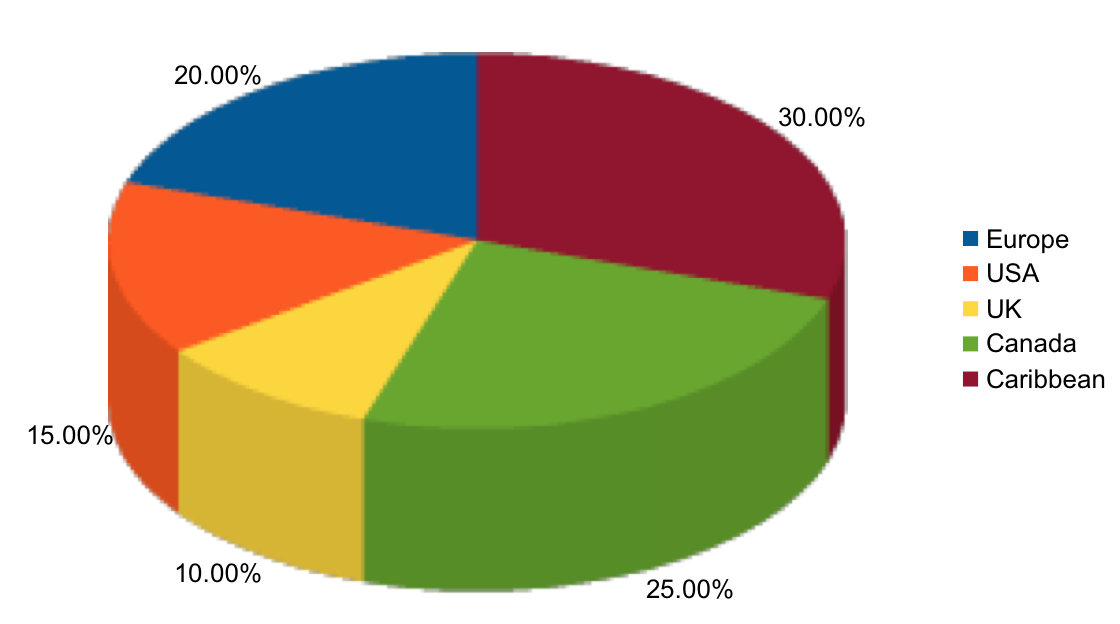
Revenues from citizenship and residency schemes
Portugal brought 1.8 billion euros real estate investment under golden visa scheme (Source: SEF statistics), while UK granted 1628 tier 1 investor visas from 2009 to 2013, amounting to 1.62 billion pounds (Source: UK migration committee). US EB5 contributed to $3.58 billion to U.S. GDP and supported over 41,000 U.S. jobs in FY2013 (Source: IIUSA). In Malta local news agency reported “IIP applicants spent €25 million in property, opened 27 new companies in Malta”.
St Kitts – The IMF report for St Kitts, shows some accurate figures on the revenues and how the money donated to Government is utilized.
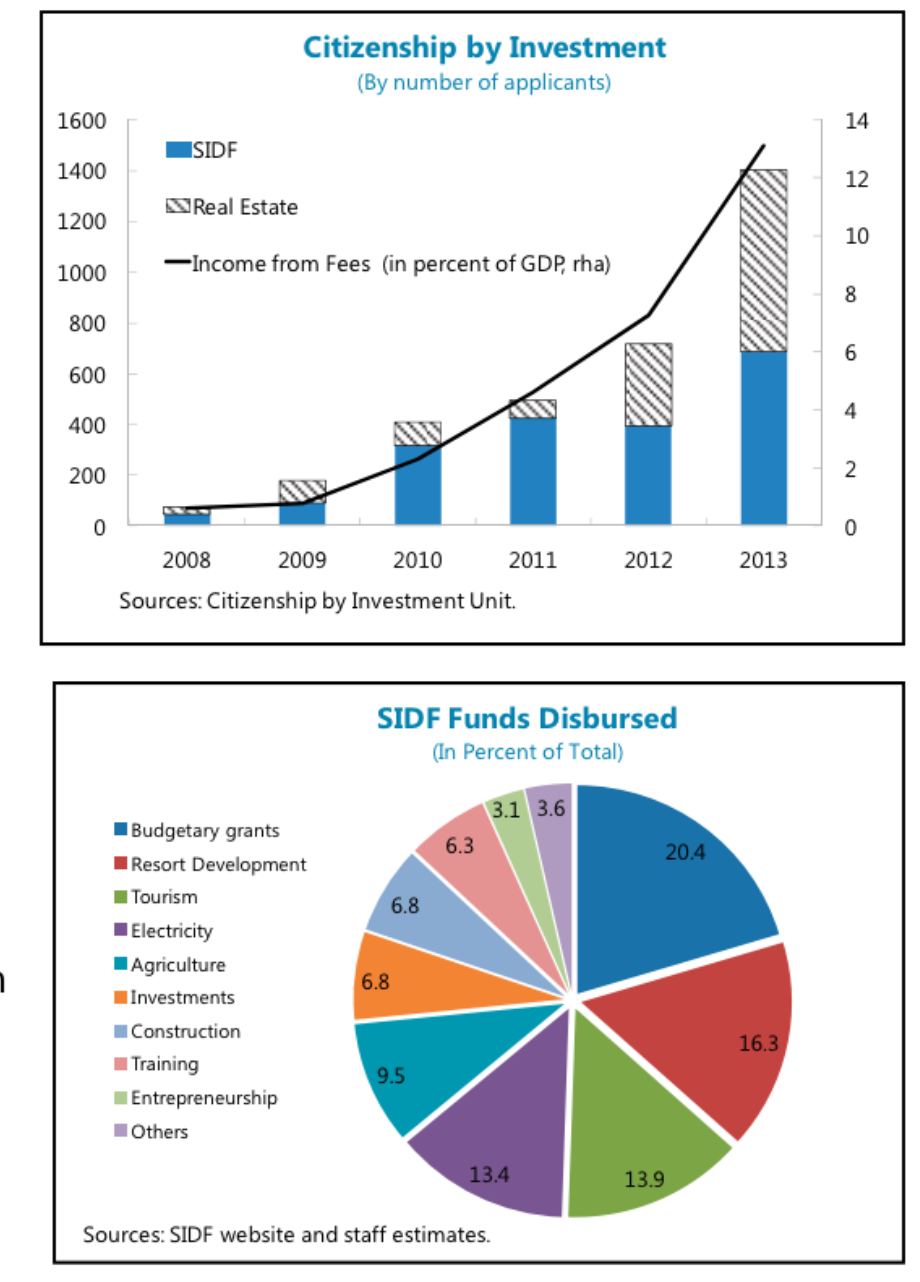
Issues with citizenship for sale
All is so good to hear, so far so good about citizenship for money (or so called investment), but this isnt easy. First you have to have lots of money over $250,000, secondly, you cannot have criminal record or visa denials and have to pass the due diligence and background checks by the Governments. Sometimes the whole process may take 0ver 4 months.
But Governments themselves especially Saint Kitts and Nevis, have had lots of issues with US and Canada, involving sale of passports..
In 2014, FINCEM issued an advisory “Passports Obtained Through St. Kitts and Nevis Citizenship-by-Investment Program Used to Facilitate Financial Crime”.
In Nov 2014, Canadian Goverment issued a notice that banning St Kitts citizens from visa free travel to Canada, “Canada has implemented the visa requirement on St. Kitts and Nevis due to concerns about the issuance of passports and identity management practices within its Citizenship by Investment program.”
Reported by National Post, “Canada’s rejection prompted a mass recall of 15,000 St. Kitts and Nevis passports to remove a particularly controversial feature that did not display the place of birth of a passport holder.”
Very recently in the recent news, USA cautioned caribbean nations not to issue passports under CIP, unless applicants are fully verified beyond a reasonable doubt, and has no ties to criminal and terrorist organizations. Most citizenship programs currently are open to Iran, Syria, Iraq nationals.
US implemented visa waiver restrictions on EU passports. According to this news report, Those who have visited Iran, Syria, Sudan or Iraq in the past 5 years, will now need a fresh visa to enter US.
Canada imposed a new rule that as of March 15, 2016, visa-exempt foreign nationals are expected to have an Electronic Travel Authorization (eTA) to fly to or transit through Canada. Exceptions include U.S. citizens, and travellers with a valid Canadian visa. Canadian citizens
Dual citizenship
Even if you are able to buy a citizenship, there is one last hurdle. Your home country may prohibit from holding double or multiple citizenships.
India, China, Russia, Singapore, Bahrain, Japan, Saudi Arabia, Thailand are the countries that forbid holding another citizenship. The rest of the countries except a few are quite liberal. [Source: Nomad Capitalist]
The Caribbean council report, provides the following advise to Russians and Chinese, applying for passport programs in the Caribbean.
It is important to be aware of the fact that the governments of China and Russia, the nationals of which make up the bulk of applications to the Caribbean schemes, are now starting to turn their attention more closely to the issue of dual citizenship. China, for example, does not recognise dual citizenship and according to Chinese law, Chinese nationality is lost is foreign nationality is obtained. Russia introduced a law in August of this year making it compulsory for any Russian citizen to declare dual citizenship.
Traveling with two passports
After having found your way buying through your second citizenship, now comes the last and final hurdle. How do i travel with 2 passports?
This discussion in Travel stack exchange, will give you a nice clue on how to use your dual passports. Lets say you are both UK and US citizen.
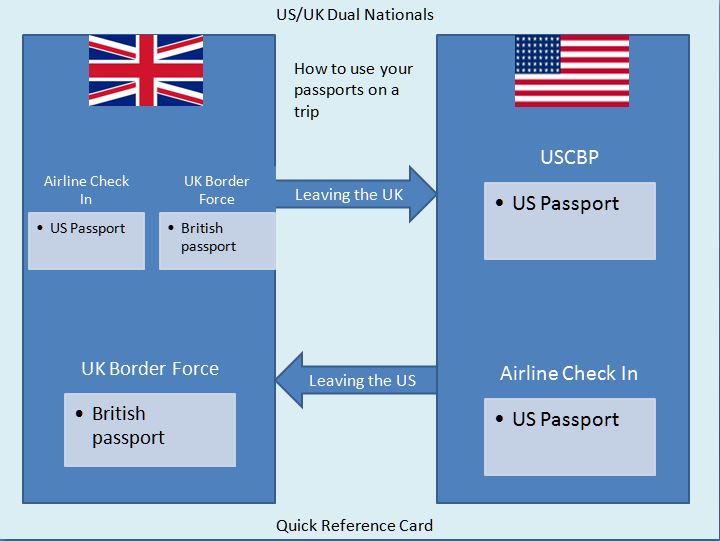
Conclusion
Citizenship for sale is a never ending debate. We have arrived at the conclusion that selling citizenship is the sole internal matter of countries, given at sole discretion of the Government’s. Citizenship schemes should not be discriminatory, dividing the line between rich and poor.
Best Citizenships (BC)

Best Citizenships (BC) is the worlds leading company, assisting very wealthy, talented and high net worth individuals with global residency and citizenship solutions in over 30 countries. The company has assisted elite and famous personalities, large corporations and investment banks with immigration, relocation, company setups, real estate , tax advisory and has helped bringing in over millions of dollar investment through immigrant investor schemes currently running EU member states and Caribbean.
The company currently aims a target of 10 billion euros in the next 5 years through investor schemes.
For more information on programs and private consultations, please visit our website http://best-citizenships.com

